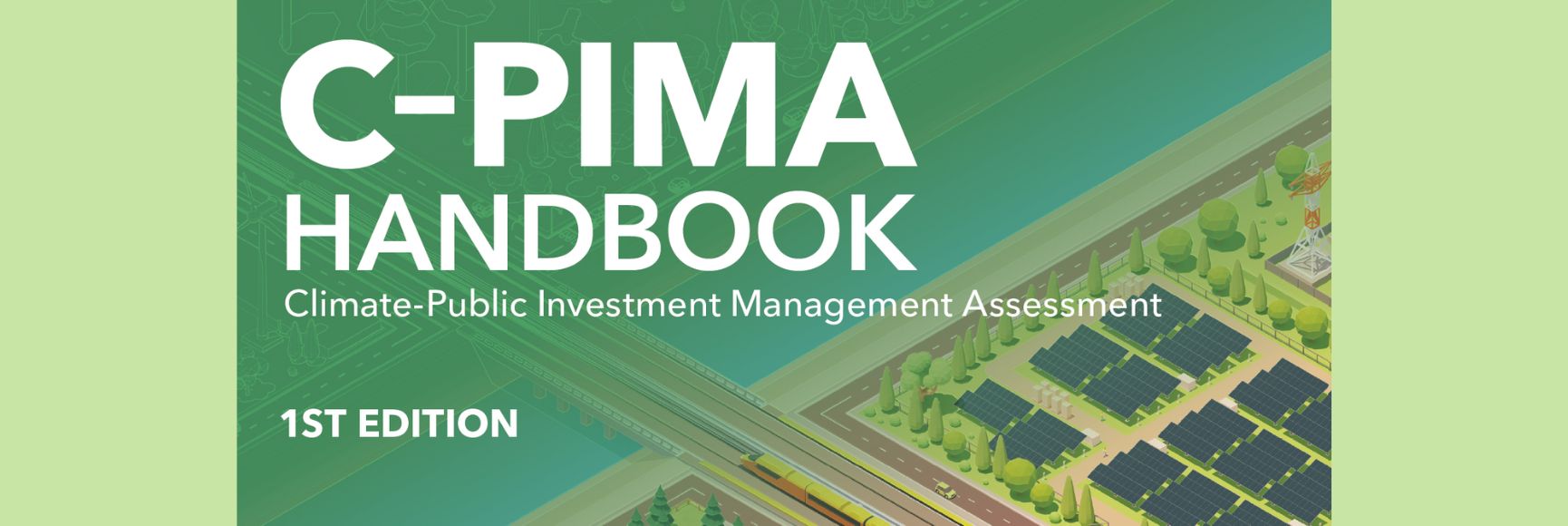 Posted by Mauricio Villafuerte and Jon Shields
Posted by Mauricio Villafuerte and Jon Shields
Do you still wake up in the middle of the night, worried that your country is about to be gobbled up by a rampaging, politically-inspired Sovereign Wealth Fund (SWF) from the other end of the world? Or do you dream that the current financial crisis is going to be solved by massive, daredevil rescues by charitable white knights from Sovereign Wealth Funds? In either case, maybe it’s time to rest peaceably again. Because 23 countries with SWFs agreed, in October 2008, on a set of “generally accepted principles and practices” (GAPP) that would commit them to operate purely on commercial principles. And, as part of this commitment, SWFs abiding by the GAPP would make their objectives, governance structures, and investment practices visible to all.
The GAPP—now known as the “Santiago Principles”—was a product of four months of intensive work by an International Working Group (IWG) of high-level country officials set in train by a meeting at the IMF in May 2008. The work of the IWG was facilitated by technical support from IMF staff and by input from countries receiving investment flows from SWFs.
But what exactly are SWFs? The Working Group decided they could be defined as “special purpose investment funds or arrangements, owned by the general government.” Getting more specific, they need also to be “created by the general government for macroeconomic purposes,” to “hold, manage, or administer assets to achieve financial objectives,” and to “employ a set of investment strategies that include investing in foreign financial assets.”
And what do the Santiago Principles entail? They identify 24 separate practices and principles in three key areas:
(i) the legal framework, objectives, and coordination with macroeconomic policies;
(ii) the institutional framework and governance structure—involving clear and differentiated roles for SWF owners, governing bodies, and management—to ensure operational independence and limited political influence in investment decisions; and
(iii) the investment and risk management framework—to promote the soundness of investment operations and the accountability of SWFs.
So is everything covered by the Santiago Principles? Not quite, or may be not yet. But the IWG has agreed to consider ways to monitor progress, and to continue refining the Santiago Principles and promote their implementation. For instance, an area that is not covered is the public disclosure of audited financial statements and of the size and composition of assets under management. But the Santiago Principles do commit SWFs to make a series of other specific public disclosures, including on the asset allocation, benchmarks, rates of return over appropriate historical periods consistent with investment horizons, and on their investment policies and the general approach of their risk management frameworks. Other areas not covered, but considered important under the IMF Code of Good Practices on Fiscal Transparency and the Guide on Resource Revenue Transparency, would be the requirement to publish transfers to and from the government budget, and comprehensive performance indicators.





